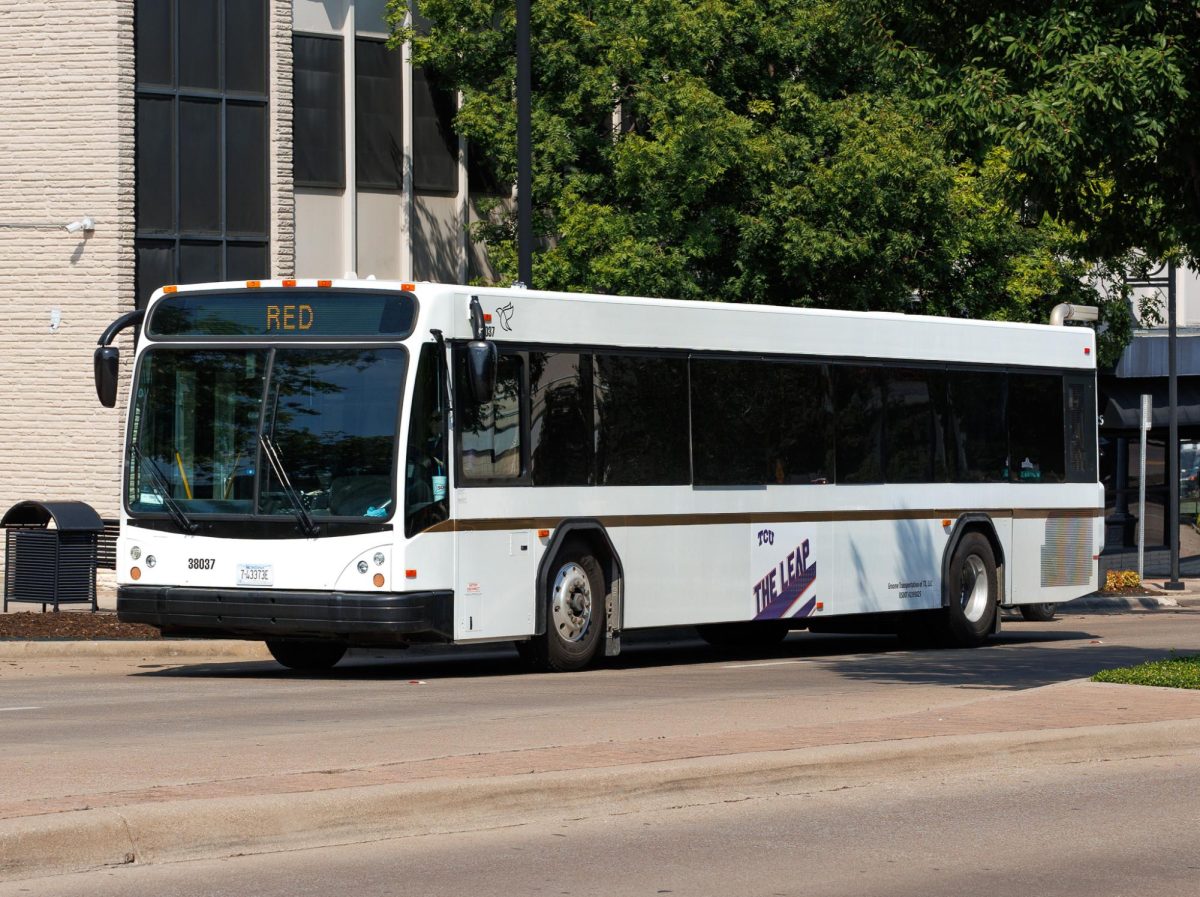The words “differences challenge assumptions,” spoken by psychologist, author and wellness expert Anne Wilson Schaef coincide well with the university experience.
While learning in a university setting includes the constraints of academia, sometimes it exceeds them. A university experience should help facilitate people’s intellectual journeys by enabling them to encounter new experiences and people from different backgrounds so they are able to form their own world views.
Before a university can do so, however, it must first be able to adequately provide opportunities to have these experiences. Ethnic diversity. Civic engagement. Inclusiveness of religions, genders, sexual orientations and personal identities.
These are all paths a university can follow to encourage its students to pursue a future of “self challenging.”
With the mission statement “To educate individuals to think and act as ethical leaders and responsible citizens in the global community,” one would like to think that the university would be on track to guide its students on the aforementioned journey.
But, after Tuesday’s email from Chancellor Victor Boschini to the university community titled, “TCU’s Vision for the Future,” it looks like the university has a long way to go.
Of the email’s 1,395 words, many addressed the financial strides the university has made and hopes to make in the future — one can find a bolded dollar amount in the first paragraph. Included in the email was the university’s new admission ceiling and increased standardized test score requirements. And the university wouldn’t be the university if it didn’t discuss the new buildings it hopes to construct in years to come.
It’s what didn’t receive much attention that was attention-grabbing, though.
Only one, 90-word section of the email addressed the possibility of providing students the opportunity to encounter diversity and challenge their assumptions, and even then, it only scratched the surface:
“In addition to size, we must also consider the right undergraduate student balance. It is our intent to maintain TCU’s character while at the same time continuing to work toward a more diverse environment reflective of the world in which our graduates will live, work, play and raise families. Consequently, the Board of Trustees has approved moving toward:
· A mix of 60 percent of undergraduates from Texas and 40 percent from out-of-state
· A 50/50 mix of undergraduate male and female students
· An ethnically diverse mix of undergraduates.”
When the word “right” is used, the conversation tends to take a sudden turn for normative language territory.
What exactly is the “right” balance, Chancellor Boschini? Is the “world in which our graduates will live” only comprised of people from different states, the male and female gender identities and ethnic diversity? What exactly is the definition of the “right” mix of ethnically diverse undergraduates, anyway?
The world includes people of many ethnicities, races, nationalities, religions, ideologies, sexual orientations, gender identities, careers, passions and beyond.
It’s more than the clichéd mosaic; it’s more than a “spectrum.” It looks much like the physical world — varied in color, shape, direction, size, attraction, force and more.
But there is no specified goal for “an ethnically diverse mix of undergraduates.” And I don’t mean to be language police, but it seems appropriate that the university’s “vision” seeks ethnic diversity in both undergraduates and graduates, since it does offer graduate degrees, after all.
Micro-aggressions like this marginalize and even oppress groups throughout the world, causing people to feel inferior because of their differences. Not very ethical at all.
According to the TCU Office of Institutional Research’s 2011 quick reference guide, of the 9,518 undergraduate and graduate students at the university, 19 percent of those (1,836) fall under the “minority” category.
There is progress in embracing the beautiful differences among humanity and society. For university students to become ethical and responsible world citizens, it is vital that those creating the university experience understand that these differences must be included in establishing the university’s vision.
Wyatt Kanyer is a senior news-editorial journalism and Spanish double major from Yakima, Wash.




